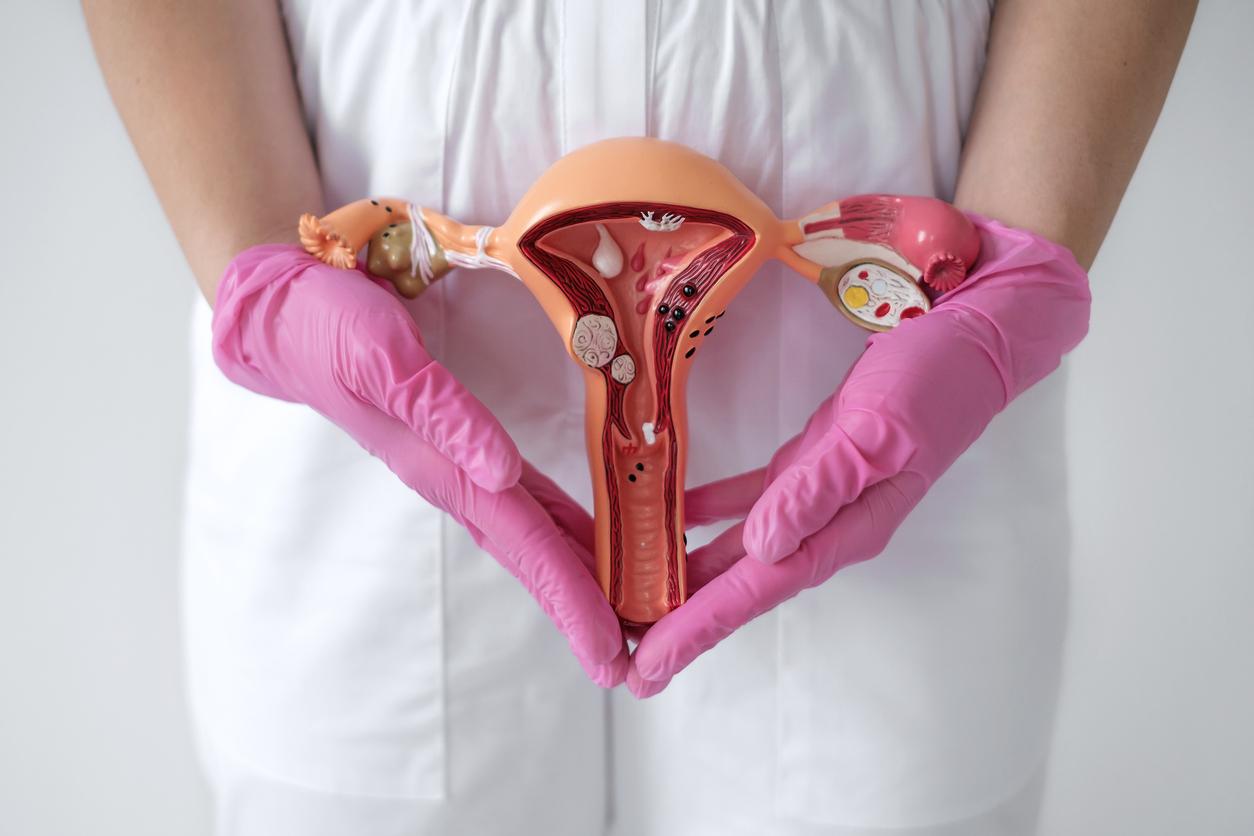Women whose periods stop before age 40 are more likely to die prematurely.

- We speak of “early menopause” when it occurs before the age of 40.
- This phenomenon is rare: only 1% of women are affected.
- Experiencing menopause very early increases the risk of dying prematurely, according to a new survey.
A large Finnish study demonstrated a significant link between early menopause and an increased risk of mortality.
What is “early menopause”?
Most women go through menopause between the ages of 45 and 55. However, around 1% see their periods stop before the age of 40, a phenomenon known as “early menopause”.
In the study cited at the beginning of this article, researchers from the University and Hospital of Oulu followed 5,817 Finnish women between 1988 and 2017. All had experienced early menopause, i.e. after a spontaneous change in their body , or following a surgical procedure.
Early menopause: greater risk of cancer and heart disease
The scientists then compared the evolution of the members of their cohort to that of 22,859 women whose menopause had proceeded normally. They then found that women who experienced early menopause were more than twice as likely to die from heart disease, and four times as likely to die from cancer.
Another important element from this survey: the risk of all-cause mortality and cancer was reduced by approximately half in pre-menopausal women who had used hormone replacement therapy for more than six months.
Furthermore, women whose menopause had been induced prematurely by surgical intervention did not present an increased risk of mortality.
Early menopause and increased mortality risk: a very large-scale study
Previous studies had already shown that women who went through menopause very early were more likely to die young. However, this association had never been studied on such a large scale and monitored over such a long period (30 years). “To our knowledge, this is the largest study conducted on the link between premature ovarian failure and mortality risk,” said Hilla Haapakoski, a doctoral student at the University of Oulu and leader of the study.
She added: “Our study is also one of the first to examine whether hormone replacement therapy can reduce the risk of mortality during early menopause.”
Early menopause and increased mortality risk: what to do?
“Our results indicate that particular attention should be paid to the health of women going through menopause very early in order to reduce excess mortality in this population,” she also estimated.
“The various health risks for women suffering from premature ovarian failure are not well recognized and the use of hormonal therapy is often neglected. We hope with our study to improve the health of these women by raising awareness among health professionals and patients with this problem”, she concludes.


















